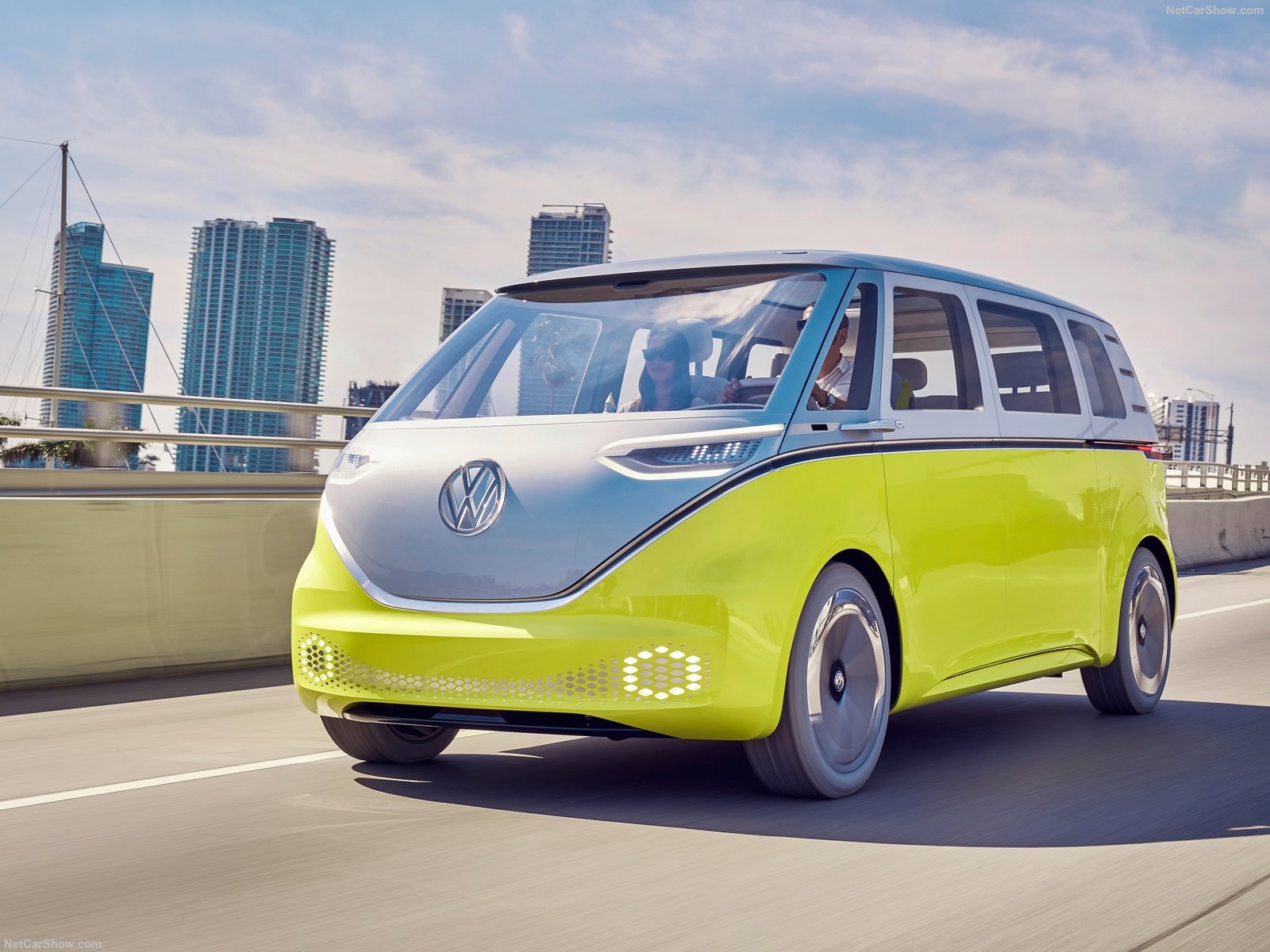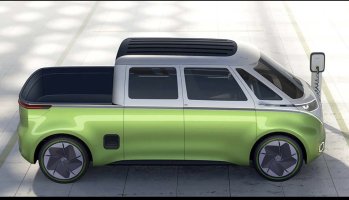@clarinetbcn as you seem to be the expert on heating my Scottish holiday cottage......
Name me one affordable electric car that I could buy today, that comes with a handy plug that would would run my house for the nine days that the power has been off?
Don't forget, Ive got no way of charging it up & I still need to use it to get to the nearest shop, being in one of the isolated areas where the power is down, thats a 60 mile round trip.
I didn't buy any batteries for the house as some bloke on an Internet forum persuaded me I didn't need any, just buy solar panels & what you sell back to the grid pays for the stuff you use thats what he said!
Funny though I found when the sun rises at 10.30 and sets at 3pm ( but disappears behind a mountain at 1pm) I didn't generate enough energy to make the dial on the meter move , let alone any excess. I think the couple of inches of snow on the panels might have had an effect.
Of course even if the electric was working, no one told me that by the time it gets down to -10 Air source heat pumps are so inefficient that an old fashioned fan heater would be cheaper to run. If it gets down to -15 it will stop working completely.
I think I will stick to my £500 generator & a bit of stored petrol, along with my log burner.



 ) but, again, it actually only gets below freezing only a few days a year.
) but, again, it actually only gets below freezing only a few days a year.


















